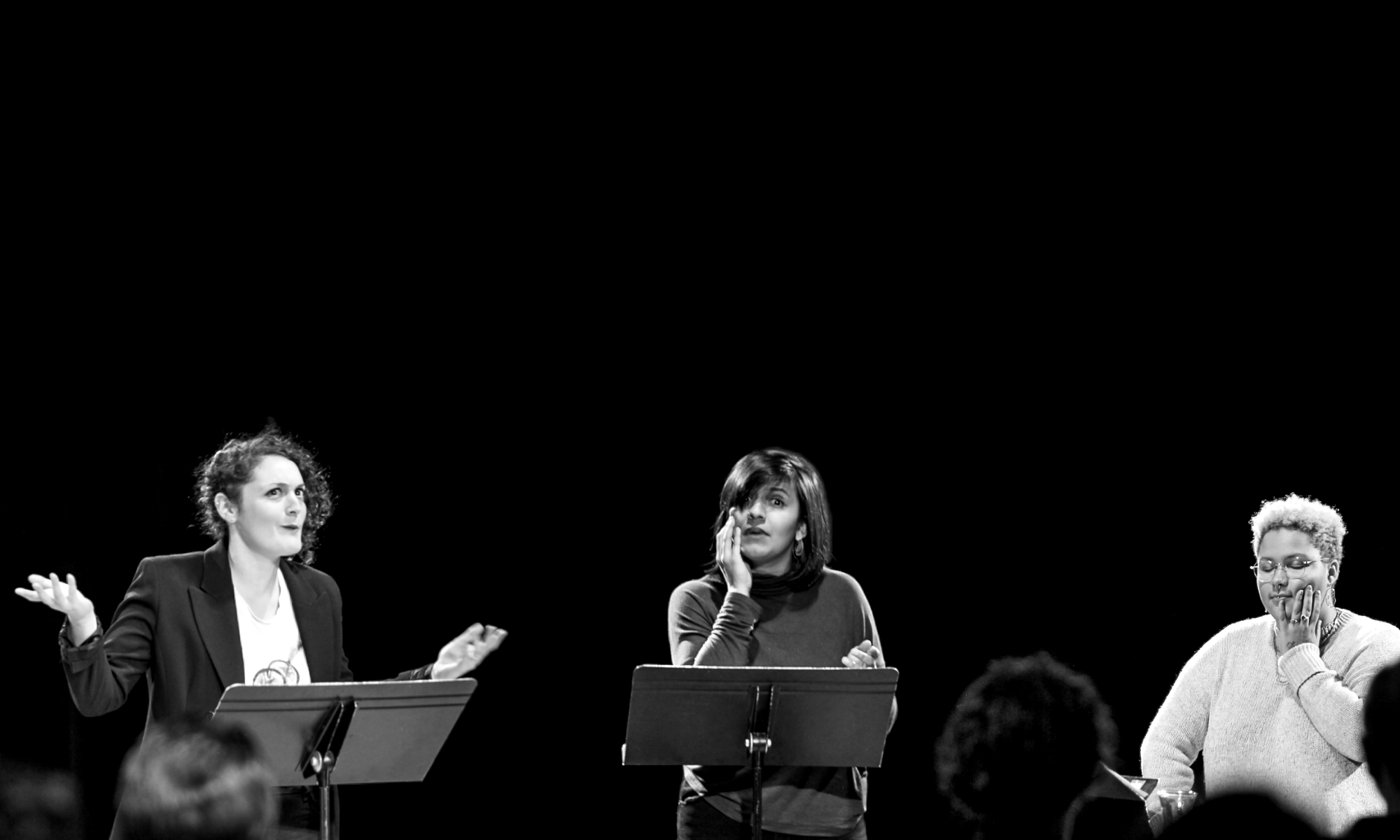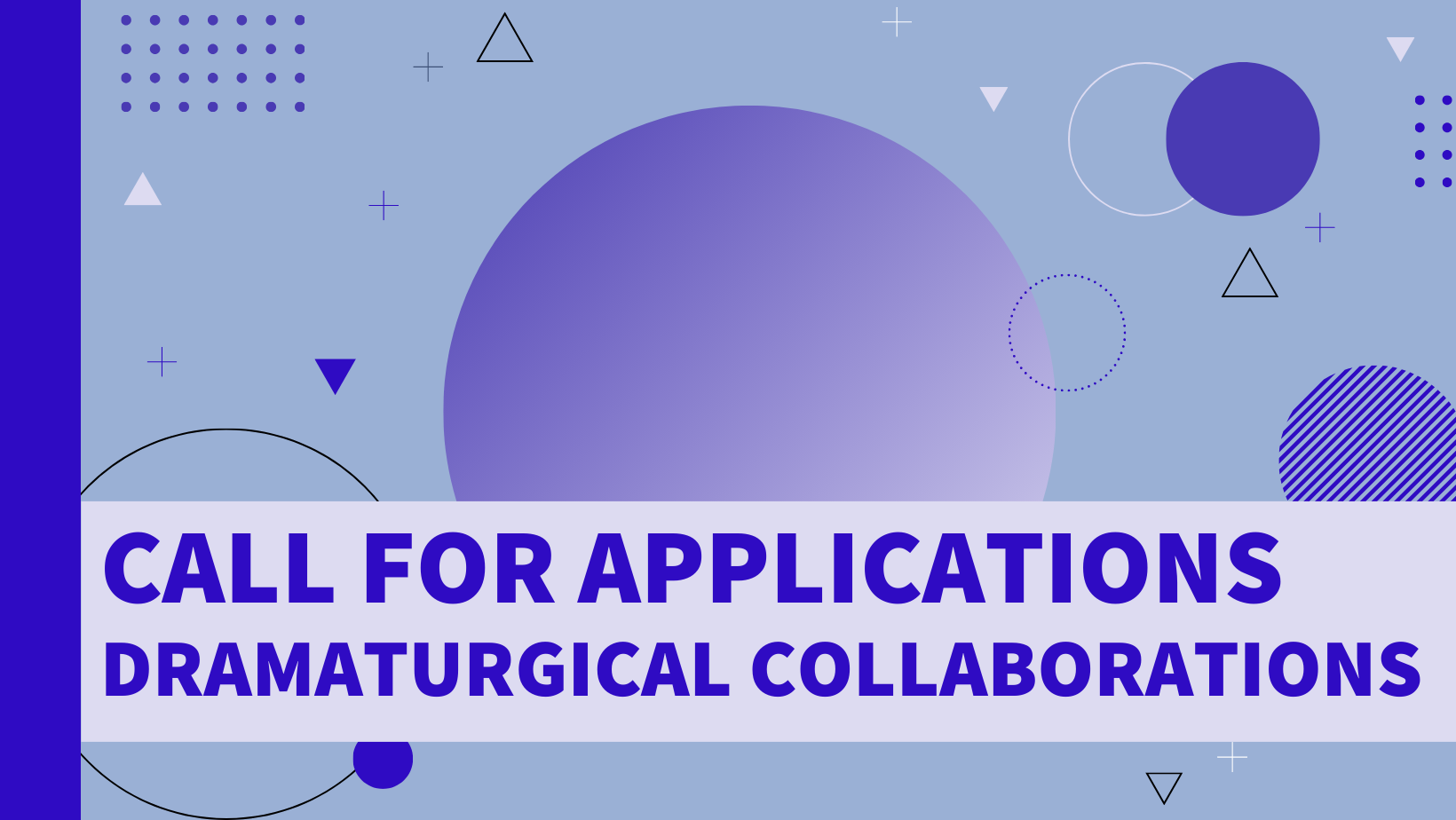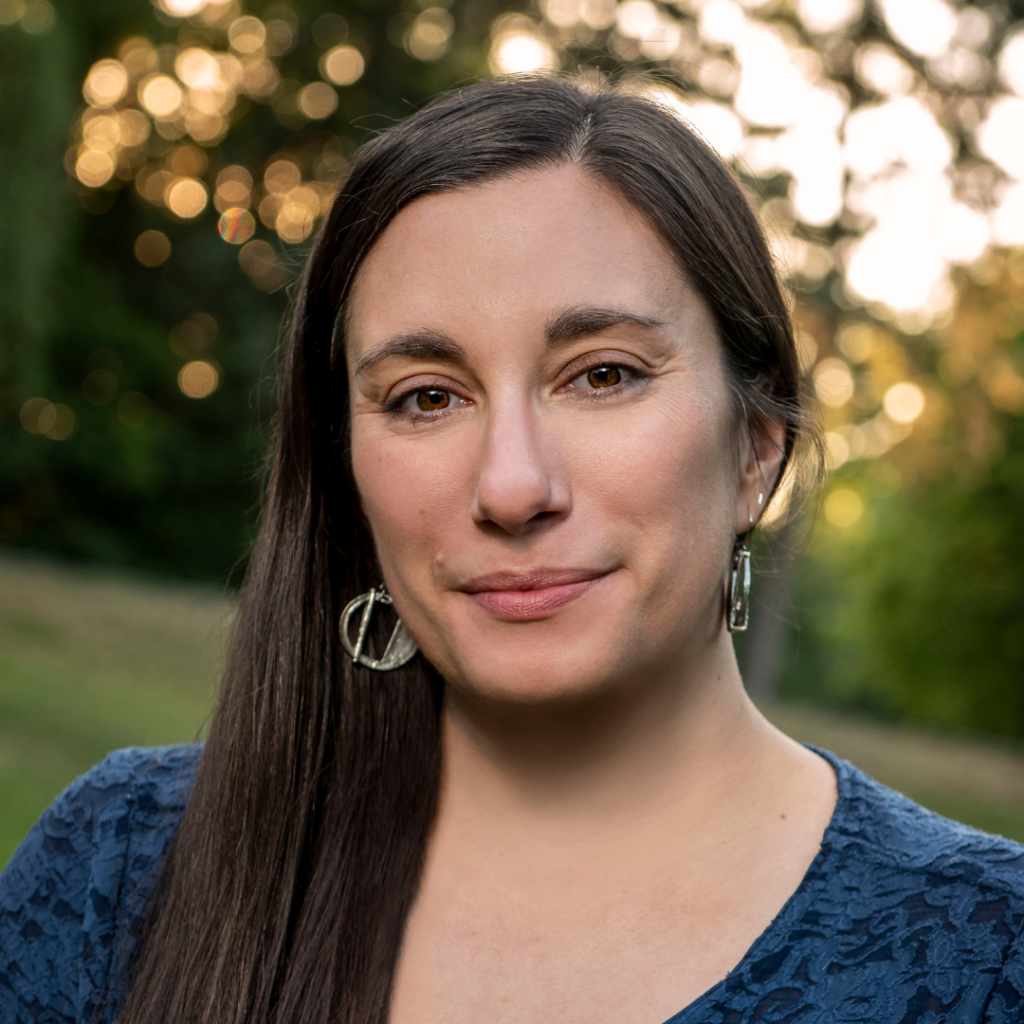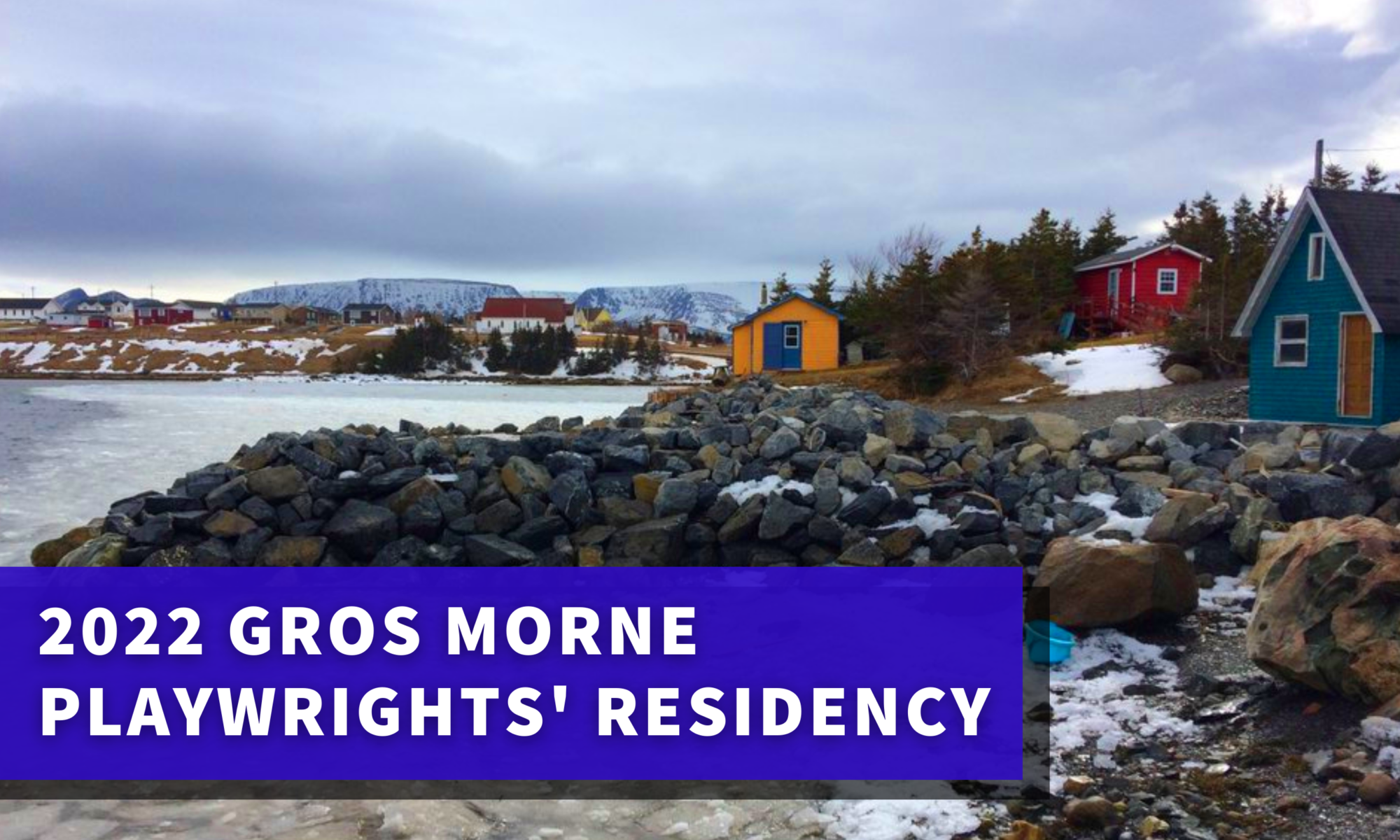Le Playwrights' Workshop Montréal and the MAI (Montréal, Arts Interculturels) sont heureux d’annoncer que le Soutien conjoint aux artistes du PWM et du MAI for Artists will feature Ülfet Sevdi and her work Motherhood.
The Artist
Ülfet Sevdi is a writer, theatre director, dramaturge, visual artist, and Theatre of the Oppressed practitioner based in Montreal.
She graduated in Fine Arts and Theatre in Türkiye in 2001. She holds a Research and Creation Master in the INDI program at Concordia University. She is now a PhD candidate in the INDI program at Concordia University. Her work deals with oral history and social narratives. Her approach is highly conceptual, experimental, and is theoretically grounded in the critical social sciences.
She was the co-founder and artistic director of nü.kolektif (2008-2014), an Istanbul-based collective of multidisciplinary artists involved in performances dealing with political topics. She continues this line of work with Thought Experiment Productions (2015-) since coming to Montreal, a production company she also co-founded and that she co-directs.
Her past work has been funded by the Canada Council for the Arts, the Montreal Council for the Arts, and the Cole Foundation. It has been presented in Brazil, Canada, Colombia, Denmark, Ireland, Türkiye, and the USA.

LE PROJET
In the moment of my artistic and academic mid-career, less than two years ago, I have become a mother. I had just finished a Master thesis. It was still during the Covid pandemic. They say having a child changes your life. But you do not understand it until it happens to you. It is a deep, highly rewarding but also very demanding existential state.
How do we continue, what can be done? When will we be able to regain our normal artistic life? Our performer’s body? Our capacity to focus on reading and writing? After almost a year of pregnancy follow the first months, the first year. The body has changed; constraints –physical, emotional, psychological- are everywhere. Time flows outside, life continues.
But the artist-mother cannot keep up with all the ideas she has, cannot return to her practice. Even if she does, part of her is with the baby. You are stuck, in the physical and psychological senses of the term. You lost the freedom needed to create, both outside and inside. You lost the physical, psychological and time-related flexibility needed to create and go on stage to perform. You have to make peace with this new body. You have to find ways to understand how you can continue. As an artist, your financial well-being depends on your performance practice. You could use daycares, babysitters, but they cost money… to make money you need more money. Having a baby costs money, new needs are involved. If the system offers something, is it really enough? Is the father able to make it alone? And when you don’t have the traditional family support… To create you need time and space, to perform as well. Without time you can’t develop your ideas. Without time to create, you have nothing to perform. The experience is opening layers over layers of difficulties: the systemic, the psychological and the physical. Many different paradoxical vicious circles open up in front of you. And you’re exhausted.
This performance will be based around the technique I have developed in my last performance, Numbers Increase As We Count…, a technique I have called “Performative Acting”. It is a technique that involves specific tasks as well as dramaturgically framed open structures. I have sketched the framework for this technique in my Research and Creation Master Thesis in the INDI program, and am currently developing it further in my current PDH studies in the same program. For this project, I intend to carry this work with different artist- mothers/mother-artists from different performative artistic disciplines.
LE PROGRAMME
Le Soutien conjoint du PWM et du MAI accompagne les artistes dans leur parcours afin de leur permettre de développer un projet et d’explorer leur pratique. Il s’adresse aux artistes qui font face à des obstacles structurels et systémiques dans leur pleine participation aux arts en raison de leur identité déclarée ou perçue dans la société.
Plus de détails sur le programme disponibles ici.
We are so excited to support the development of Ülfet’s project, and wish her a fulfilling creation process!
Ce programme est un partenariat entre
Project supported by the Government of QuébEc as part of l’Entente sur le Développement Culturel and the City of Montreal, and by the Canada Council for the Arts















































